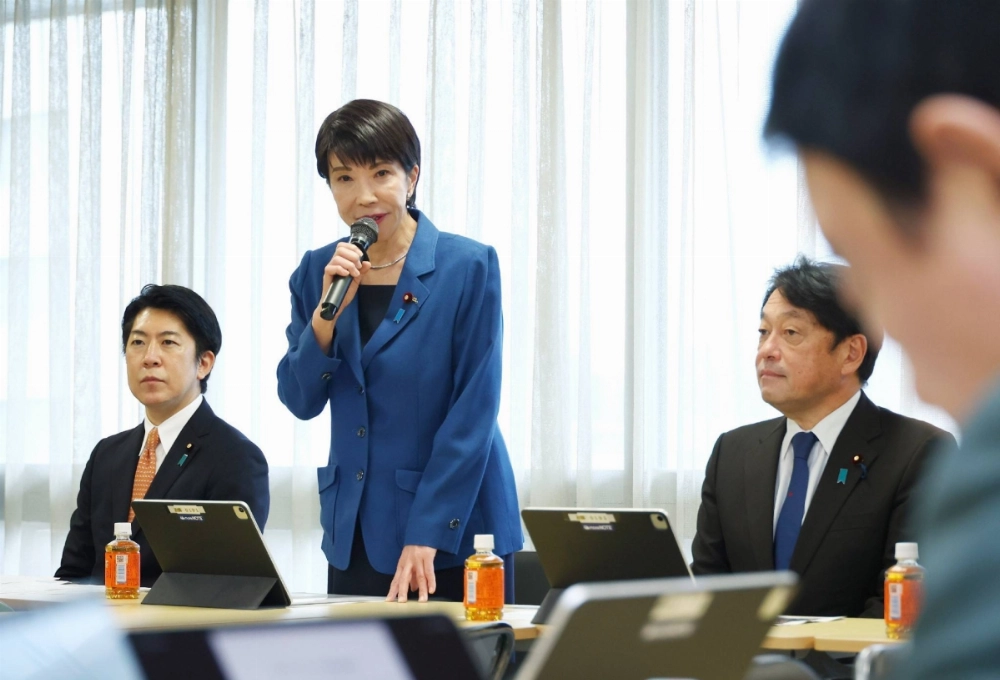Liberal Democratic Party lawmakers are actively forming new groups after most of the ruling party's traditional factions went defunct amid public criticism of their recent slush-fund scandal.
While the minority government of Prime Minister and LDP President Shigeru Ishiba is struggling, his peers in the party are busy preparing for a possible sudden shift in the political situation that could result in a leadership change.
They have set up parliamentarian leagues and study groups to realize specific policies. Traditional faction-based gatherings continue, although most factions have shut their offices or disbanded.


















With your current subscription plan you can comment on stories. However, before writing your first comment, please create a display name in the Profile section of your subscriber account page.